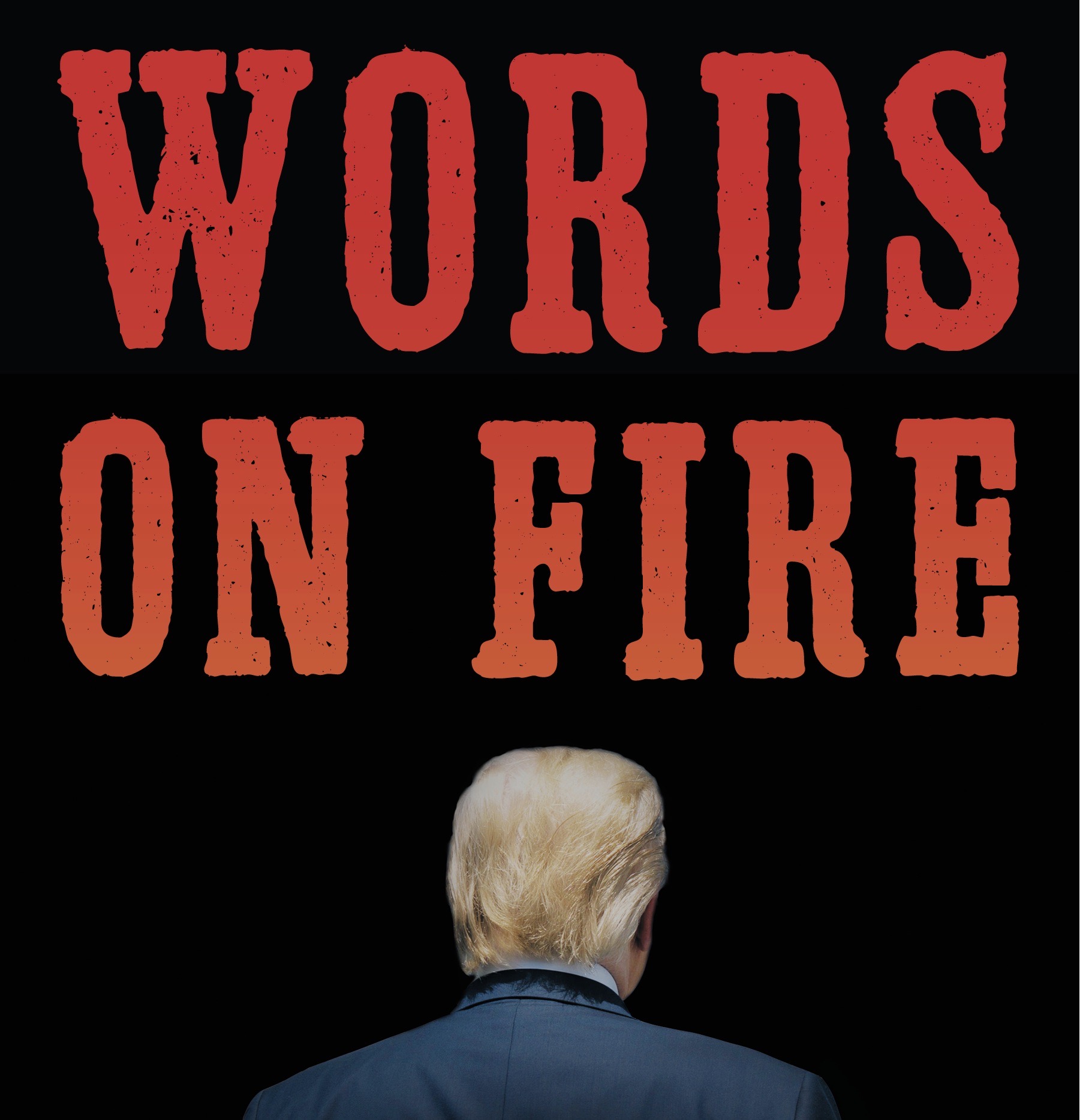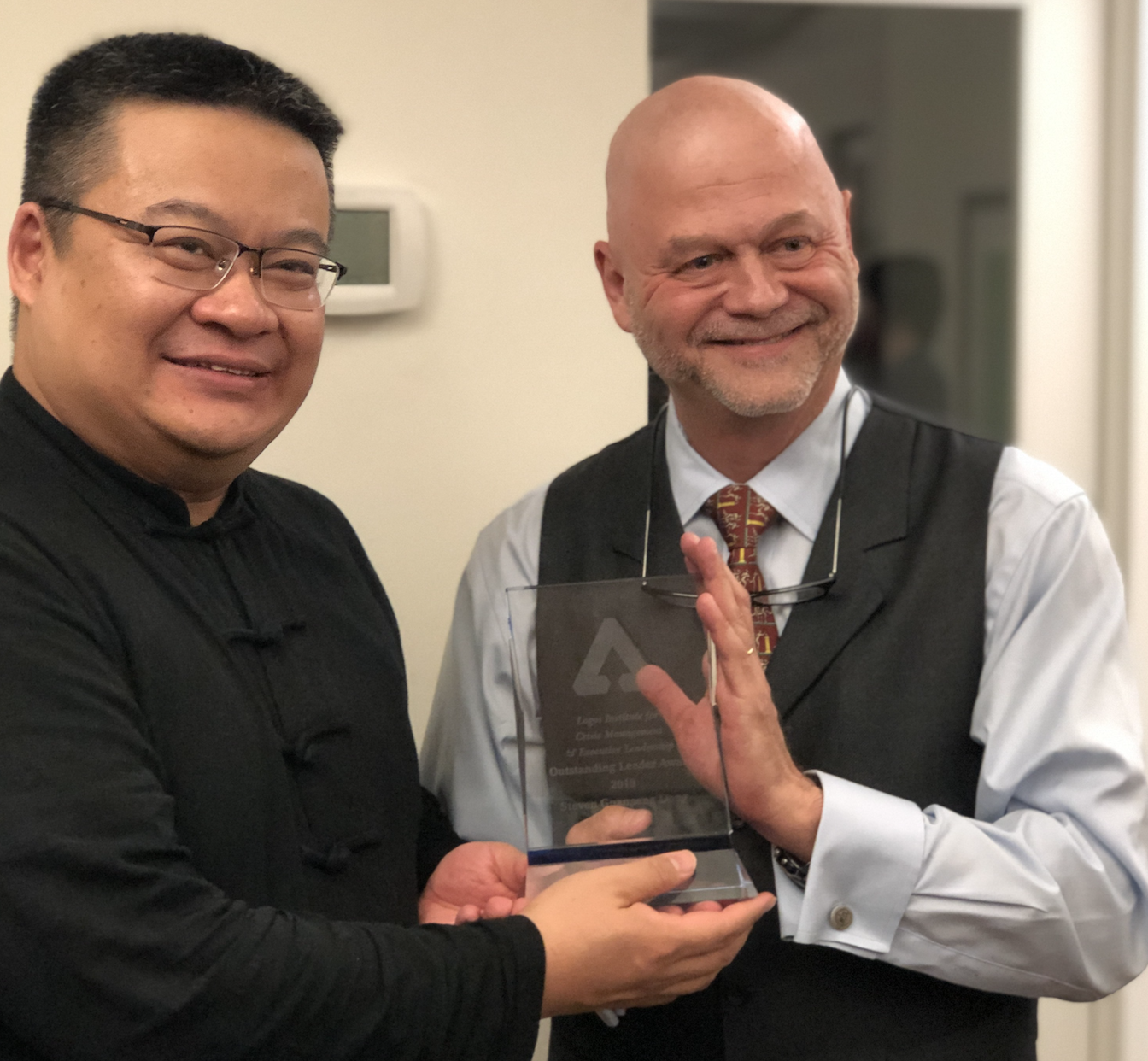Written by: Maida K. Zheng and Raleigh Mayer
When you have to kill a man, it costs nothing to be polite.
– Winston Churchill
I salute the United States Navy.
The Navy – and the other branches of the U.S. military – serve the nation every day, protecting every American’s right to freedom, a privilege we often take for granted.
But right now, the Navy is undergoing a reputational nightmare, and it’s one that could have been avoided.
Capt. Brett Crozier, the commanding officer of the USS Theodore Roosevelt, was fired after an email he authored regarding COVID-19 expressing his concerns about the potential – and very likely – harm it posed to his ship and its sailors.
The Acting Secretary of the Navy, Thomas Modly, spoke to reporters about his decision to fire Crozier at the Pentagon in a press conference April 2, 2020. Modly stated the reason Capt. Crozier was fired was the Navy’s loss of confidence in Crozier’s ability to lead as well as the disclosure of an internal memo to the media. Modley suggested that the leak occurred because of Crozier’s carelessness in copying too many people on an email that should have been classified, demonstrating poor risk management and poor judgement.

Modly would not tell reporters who was copied on the correspondence, stating “I will not comment on that,” during his Pentagon press conference. That may have been one of his first mistakes. When communicating an issue, a “no comment” response will always be met with suspicion and conveys defensiveness, and the refusal may be interpreted as guilt.
To be clear, the reputational damage to the Navy was not necessarily because of the firing itself, which may or may not have been warranted. The outrage is due to the manner in which Modly communicated that decision.
Effective communicators know that the framework for guiding the choice, style, and timing of a message should always start with the following question: “What would reasonable people appropriately expect a responsible organization to do in this situation?”
By focusing on damaging hypotheticals such as “[the leak] unnecessarily raised alarms with the families of our Sailors and Marines with no plan to address those concerns” Modly accidentally communicated a lack of empathy toward the seriousness of the situation and what the families were likely already feeling (anxiety).
Modly questioned the professionalism of Crozier, who at that point was literally seen as a hero by service members for risking his career for their safety. “I could reach no other conclusion than that Captain Crozier had allowed the complexity of his challenge with COVID breakout on the ship to overwhelm his ability to act professionally,” Modly said.
Had Modly employed the best-practiced principle of crisis communication and asked himself “what would reasonable people expect a responsible organization to do in this situation” he likely would have realized how critical (for the sake of the Navy’s reputation) it was for him to publicly state that this was an unprecedented situation, and support Crozier because reasonable people expect the Navy to care. Showing you care does not mean you have to give up on good order and discipline. Reasonable people understand that if a policy or order was broken, there will be consequences.
In every crisis there is opportunity, and when this story broke, the Navy had an opportunity to back Capt. Crozier and explain the actions that had been taken and planned to be taken to ensure the service members would be safe and that the mission would not be abandoned. After all – those plans were already in motion according to Modly. Instead, they punished the person the public had already fallen in love with and thus appeared callous in doing so.
With all that said, below are some tips for success in a situation such as this.
- Reasonable people expect an organization to care, first and foremost. The single biggest predictor of loss of trust in a crisis is the perception that you don’t care.
- First mover advantage matters. Whoever is first to define the crisis, motives, and actions is the one who controls the interpretation of the event.
- A well-structured stand-by statement, prepared ahead of time for adaptation, is key in ensuring you are communicating effectively during a crisis.
Logos Consulting Group provides the following template for the best possible outcome in tough, touchy, sensitive situations:
- Acknowledgement. Open by stating awareness of the event or issue. Do not use euphemisms, which are confusing to audiences, especially those under stress.
- Empathy. If there are victims or potential victims, express empathy.
- Values. Describe the organization’s values that will give context to the response to the crisis.
- Approach. Describe ways the organization is handling the response to the crisis, including what has been done or what is under way.
- Commitment. Outline the substantive or procedural commitments you can make now.
On Sunday, April 5, several media outlets confirmed that Capt. Crozier tested positive for COVID-19; the Navy declined to comment.
On Monday, April 6, reports of a leaked speech of Modly speaking to Sailors in Guam was released via several media outlets.
“If he didn’t think, in my opinion, that this information wasn’t going to get out into the public, in this day and information age that we live in, then he was either a) too naive, or too stupid to be a commanding officer of a ship like this,” Modly said to the USS Theodore Roosevelt crew.
The speech continues in this manner with Sailors audibly yelling “what the F***” in the background.
Additionally on April 6, Modly wrote a response to a New York Times op-ed where Theodore Roosevelt’s great-grandson (Tweed Roosevelt) called Capt. Crozier a hero. In his response, Modly said he has the utmost respect for the Roosevelt family, but that Tweed is wrong — “he simply doe not have access to the relevant facts that led to the captains dismissal.” The letter was deleted shortly after it went live.
The Golden Hour of Crisis Response for communicators and medical professionals describes the urgency to “stop the bleeding.” Each day the Navy delays in effectively communicating and showing true empathy causes more and more reputational harm…and bleeding.
We truly hope Capt. Crozier and his crew recover. Fair winds and following seas.
Quite the send off for the dismissed skipper pic.twitter.com/n15Dvbx9kZ
— Observation Post (@MilitaryTimesOP) April 3, 2020
-30-
Maida Kalic Zheng is a fellow at the Logos Institute for Crisis Management and Executive Leadership, where she helps corporate leaders maximize their presence, enhance communication, and become more sophisticated at managing their relationships and reputations.
Raleigh Mayer, the Gravitas Guru and principal of Raleigh Mayer of Consulting and Senior Fellow at the Logos Institute for Crisis Management and Executive Leadership, helps leaders elevate presence, enhance communication, and become more sophisticated at managing their relationships and reputations. She is an advisor, coach, educator, and speaker, serving large corporations, private firms, and individual executives.




 (Kara Alaimo)
(Kara Alaimo)
